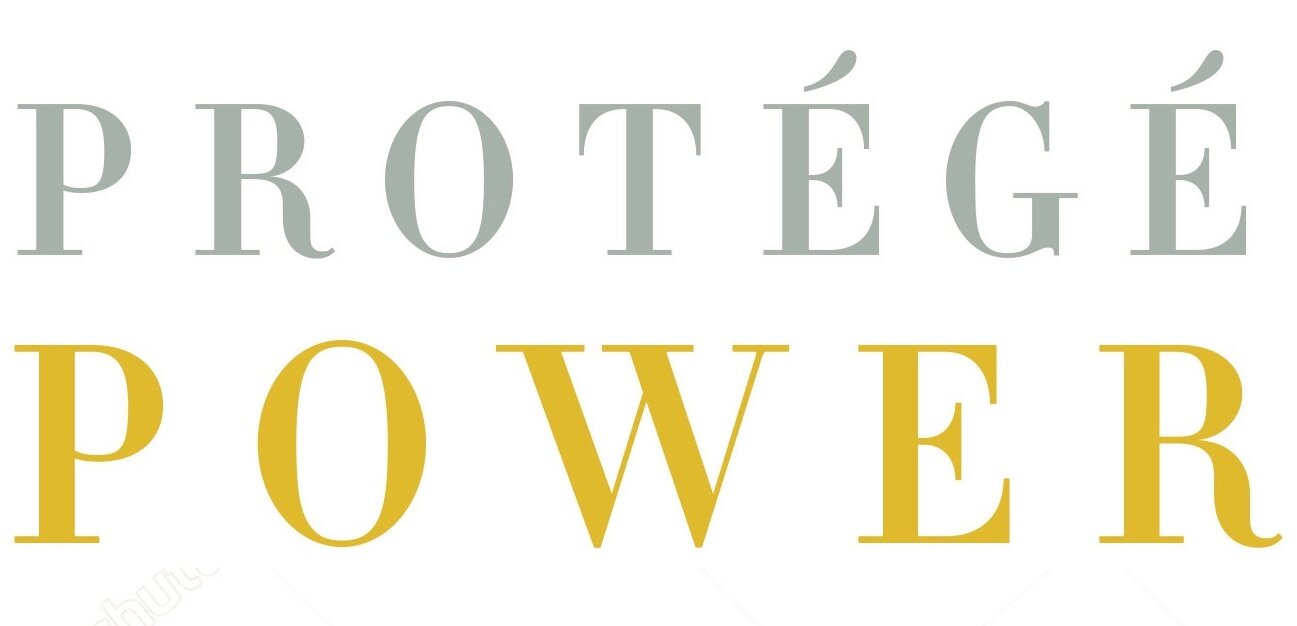Mentee: Flex & Say ‘Yes’ – Part 2
During my two decades as an employee engagement specialist in international banking, I designed and managed a career mentor program. Following an on-site 'Basics of Improv' class, I applied the insights gained to enhance our mentorship offering. A fundamental principle of improvisation is to affirm what is stated or given to you with a ‘Yes,’ whether literal or implied. Next, you advance the activity or dialogue by immediately supplying a complementary idea or action to continue the story or event in motion. Here is an example:
Player A: “Bob, it's great that we both got chosen for the new remote office.”
Player B: “Joanne, if I had known the chairs on Mars were this comfy, I would have asked for a transfer ages ago!”
By applying the improvisation principle of ‘Yes, And…,’ I guided the mentees in my program to achieve broader and greater success. A multi-year study revealed that 88% of our program graduates experienced significant advancements in their role responsibilities, positions, titles, and/or salaries. This success stemmed directly from educating and inspiring our mentees to shift away from rejecting new or unexpected ideas. Instead, they learned to affirm (say ‘Yes’) and embrace new ideas as a means of fostering the growth and progress they desired.
If you are a mentee and consistently reject your mentor’s ideas, you are applying brakes to your development. Additionally, you risk insulting your mentor—who is commonly volunteering their energy and time—by not trying any of their suggestions.
In improv, the inclination to judge and reject a new idea is called “negating.” In an improv class, this kills the scene. In life, your negating response can metaphorically ‘kill’ the person who is attempting to assist you as this response tends to extinguish their willingness to produce or offer any further ideas. As a mentor program manager, I encountered this issue with a few mentees who were either too proud or unaware of the ramifications of negating their mentor’s recommendations. These mentees’ inclination toward safety was curbed once they understood the impact of their behavior. When remedied, each mentee discovered that their previously null or neutral mentoring arrangement suddenly gathered steam, bringing with it forward motion toward their desired career objectives.
Disregarding your mentor’s ideas can lead to the cessation of your mentor’s willingness to invest in you, which is contrary to the goals of the relationship. As our improv instructor shared: “When you say ‘Yes’ to the idea, you say ‘Yes’ to the person.” An affirming response acknowledges the value of the person’s perspective and experience. Such an approach is beneficial in any relationship. Without it, you risk becoming or remaining someone who habitually rejects or negates others. I recommend working towards being someone who practices “Yes, And.” This shift helps you to move away from being a steadfast critic or naysayer and places you on a path of being more collaborative in general.
In a mentoring arrangement, consciously committing to saying ‘Yes’ to suggestions and ideas offered by your mentor will greatly enhance your chances of success. Embracing new concepts removes the limitations on what is possible in your job and career. For further insights into these principles, check out the book Innovation at the Speed of Laughter: 8 Secrets to World Class Idea Generation by the Brave New Workshop comedy theater and explore in your market where you can… take an improv class!
